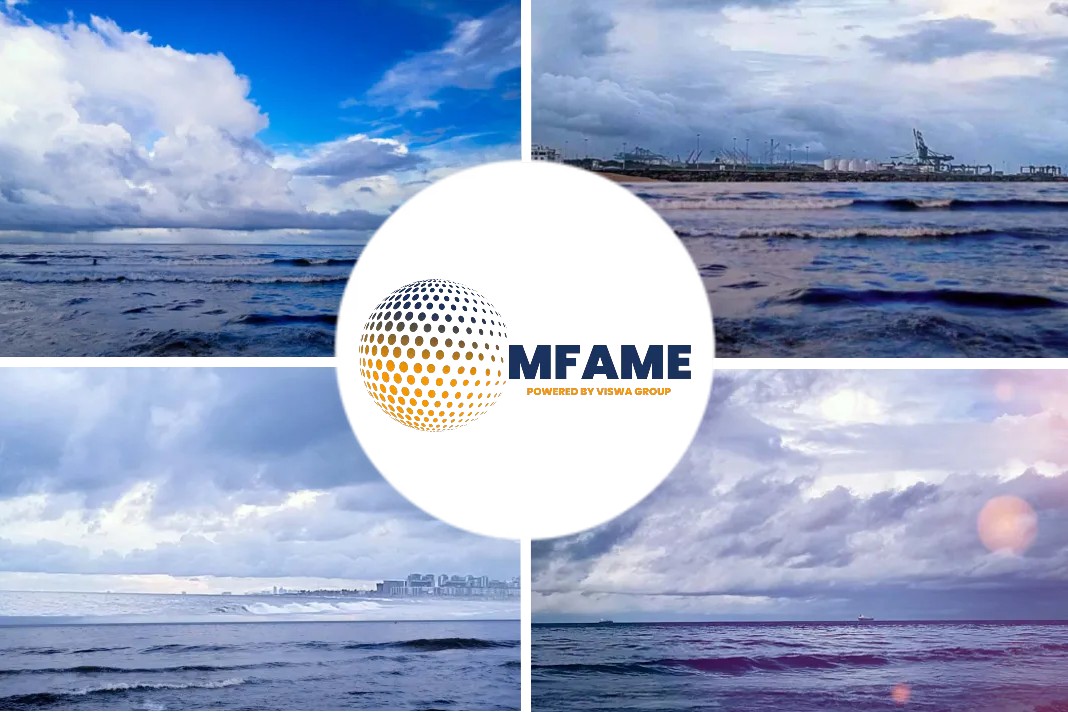- India is exploring shipping goods as ‘break cargo’ to tide over the container shortage crisis, said officials.
- Break bulk cargo is transported in bags or boxes and takes less space in ships, thereby allowing more cargo to be transported, aiding faster exports.
A recent news source published in the Economic Times states that India may ship goods as break bulk cargo to tide over the container shortage crisis.
Type of packaging being used for the cargo
The commerce department has sought information from the industry on the type of packaging being used for their cargo and shipment weight to finalise the list of goods that can be exported as break bulk cargo.
“The idea is to create a database of all commodities which can be exported via priority berthing as break bulk cargo in order to facilitate faster export of suitable commodities,” said an official, who did not wish to be identified.
What is the solution?
The solution is being considered at a time when ships’ berthing time is more than a month in the US and Europe. Bulk and break bulk freights are generally 25-30% lower than containerised cargo depending on the trading area of the vessel.
“Not only is there a shortage of containers but also of ships,” an industry representative said on condition of anonymity, adding that of late a lot of trade is happening via containers as it is considered safe. “However, the cost of bulk cargo is lower without compromising the safety of the cargo.”
A vessel with a capacity to carry 12,000 metric tonne load can carry only 8,000 metric tonnes if loaded with containerised cargo. However, it can transport up to 11,000 metric tonnes if the cargo is in break bulk form.
“Once both buyers and sellers agree on this kind of an arrangement after assuring safety of the cargo, this will resolve the container issues to a large extent,” said the industry representative.
Did you subscribe to our daily newsletter?
It’s Free! Click here to Subscribe!
Source: Economic Times

















